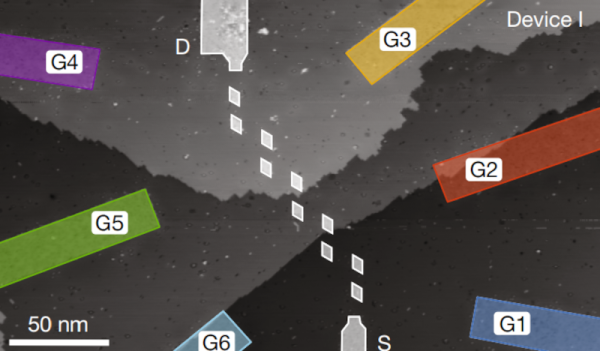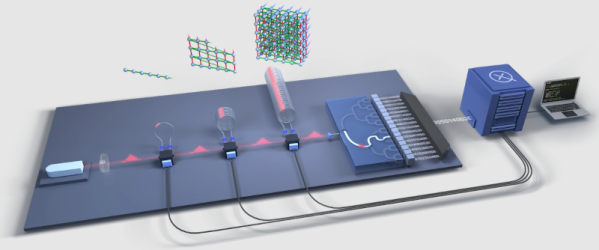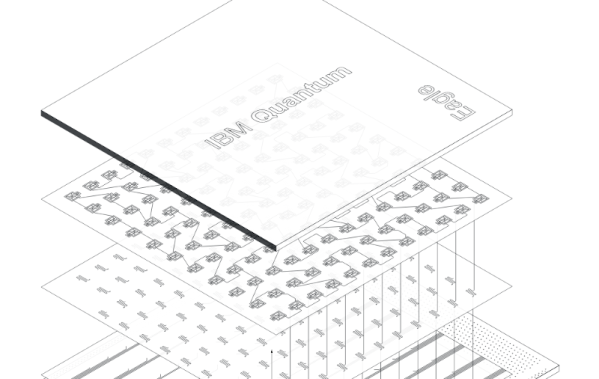Want to try a big quantum computer but don’t have the cash? Google wants to up your simulation game with their “Quantum Virtual Machine” that you can use for free.
On the face of it, it sounds like marketing-speak for just another quantum simulator. But if you read the post, it sounds like it attempts to model effects from a real Sycamore processor including qubit decay and dephasing along with gate and readout errors. This forms what Google calls “processor-like” output, meaning it is as imperfect as a real quantum computer.
If you need more qubits than Google is willing to support, there are ways to add more computing using external compute nodes. Even if you have access to a real machine of sufficient size, this is handy because you don’t have to wait in a queue for time on a machine. You can work out a lot of issues before going to the real computer.
This couldn’t help but remind us of the old days when you had to bring your cards to the central computer location and wait your turn only to find out you’d made a stupid spelling mistake that cost you an hour of wait time. In those days, we’d “desk check” a program carefully before submitting it. This system would allow a similar process where you test your basic logic flow on a virtual machine before suffering the wait time for a real computer to run it.
Of course, if you really need a quantum computer, the simulation is probably too slow to be practical. But at least this might help you work out the kinks on smaller problems before tackling the whole enchilada. What will you do with a quantum computer? Tell us in the comments.
Google, of course, likes its own language, Cirq. If you want a leg up on general concepts with a friendly simulator, try our series.
















